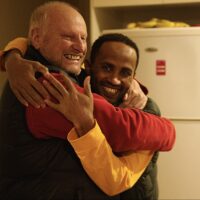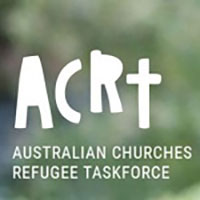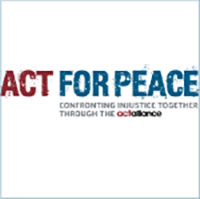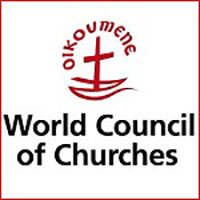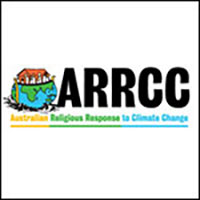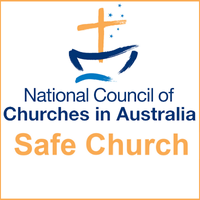How We Work
The NCCA gathers together Churches and Christian communities which confess the Lord Jesus Christ as God and Saviour according to the Scriptures. We commit to deepen our relationship with each other and to work together towards the fulfilment of common witness, proclamation and service, to the glory of the one God, Father, Son and Holy Spirit.


